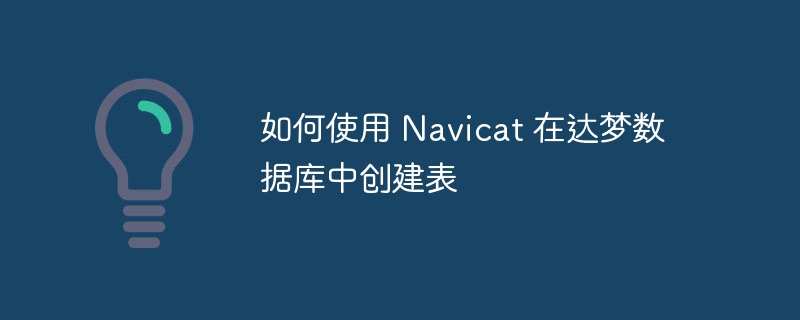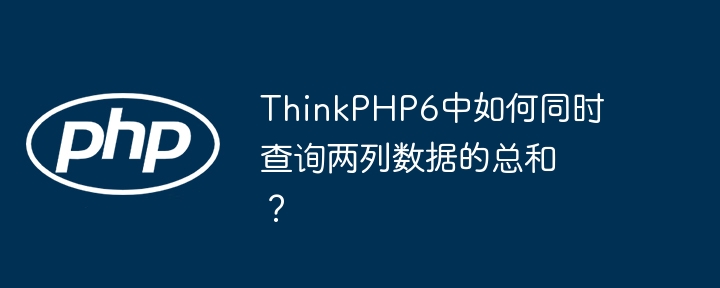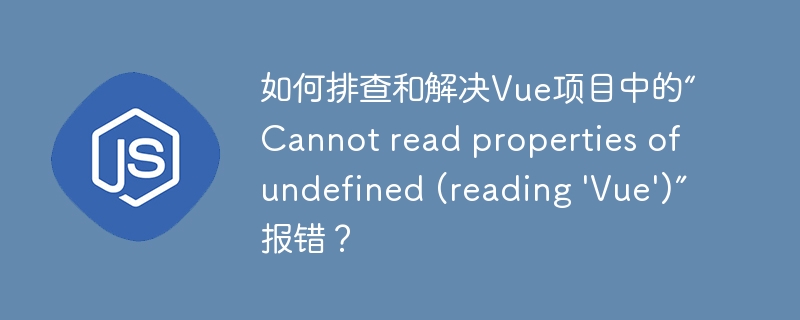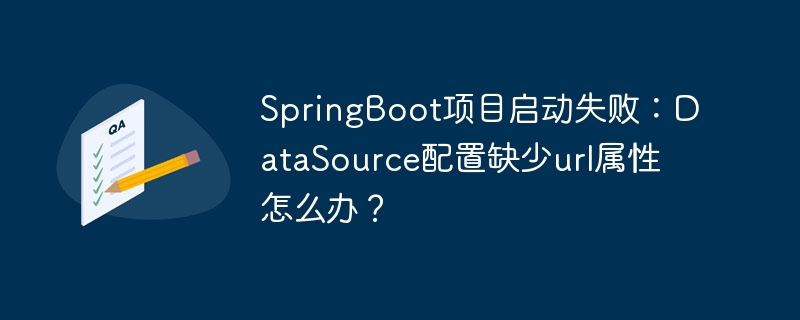获取原型链上的迭代器方法需遍历对象及其原型链查找symbol.iterator属性,返回对应的函数;2. 需要获取该方法以实现对不同可迭代对象的统一遍历,支持编写通用迭代逻辑;3. 对于无迭代器方法的对象,函数返回undefined,应先检查返回值再使用,避免错误;4. 调用获取到的迭代器方法时必须通过call或apply将this绑定到目标对象,确保正确访问实例属性。
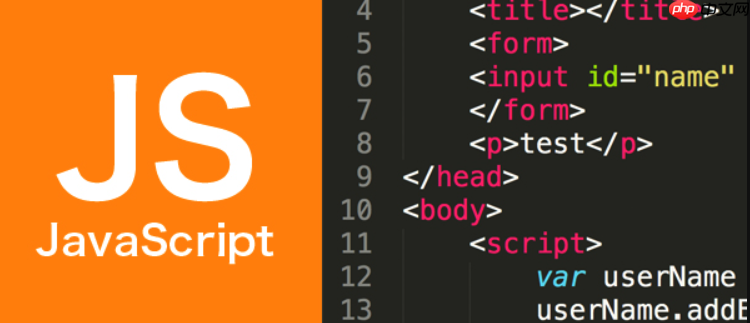
JavaScript 中获取原型链上的迭代器方法,本质上是在对象及其原型链上查找
Symbol.iterator
属性。这个属性指向一个函数,该函数返回一个迭代器对象。

获取原型链上的迭代器方法:
function getIteratorMethod(obj) { let current = obj; while (current) { if (typeof current[Symbol.iterator] === 'function') { return current[Symbol.iterator]; } current = Object.getPrototypeOf(current); } return undefined; // 或者 null,取决于你的偏好 } // 示例: const arr = [1, 2, 3]; const iteratorMethod = getIteratorMethod(arr); if (iteratorMethod) { const iterator = iteratorMethod.call(arr); // 注意要用 call 绑定 this let result = iterator.next(); while (!result.done) { console.log(result.value); result = iterator.next(); } } else { console.log("No iterator method found in the prototype chain."); } // 另一种更简洁的写法,但可能不兼容旧版本浏览器 function getIteratorMethodShort(obj) { return obj?.[Symbol.iterator]; // 使用可选链操作符 } // 测试 const myObject = { data: [1, 2, 3], *[Symbol.iterator]() { for (let item of this.data) { yield item; } } }; const iteratorFunc = getIteratorMethod(myObject); if (iteratorFunc) { const iteratorInstance = iteratorFunc.call(myObject); let result = iteratorInstance.next(); while (!result.done) { console.log(result.value); result = iteratorInstance.next(); } } else { console.log("Iterator not found."); }
为什么需要获取原型链上的迭代器方法?
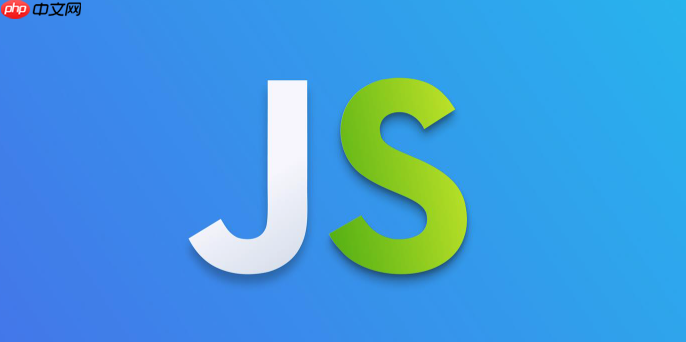
迭代器提供了一种统一的方式来访问集合中的元素,而无需关心集合的具体实现方式(例如数组、map、Set 等)。 如果想编写通用的代码来处理各种可迭代对象,就需要能够动态地获取对象的迭代器方法。 比如,要实现一个自定义的
函数,就需要先获取对象的迭代器,然后才能遍历其中的元素。 另外,某些情况下,你可能需要检查一个对象是否是可迭代的,或者获取它的迭代器的自定义实现。
如何处理没有迭代器方法的对象?
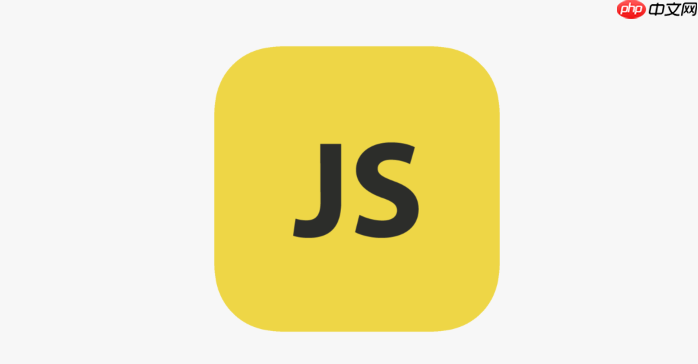
当对象及其原型链上都没有定义
Symbol.iterator
属性时,
getIteratorMethod
函数会返回
undefined
。 在使用迭代器之前,务必检查返回值是否为函数,以避免出现错误。 可以考虑抛出一个错误,或者提供一个默认的迭代行为。 或者,可以根据具体场景,选择忽略这些不可迭代的对象。
迭代器方法的
this
指向问题
需要注意,通过
getIteratorMethod
获取的迭代器方法,在使用时需要使用
call
或
apply
绑定
this
指向。 这是因为迭代器方法通常需要访问对象自身的属性,才能正确地进行迭代。 如果不绑定
this
,可能会导致
this
指向全局对象(在非严格模式下)或
undefined
(在严格模式下),从而引发错误。 在上面的示例代码中,使用了
iteratorMethod.call(arr)
来确保
this
指向数组
arr
。 这个细节很容易被忽略,但却非常重要。





